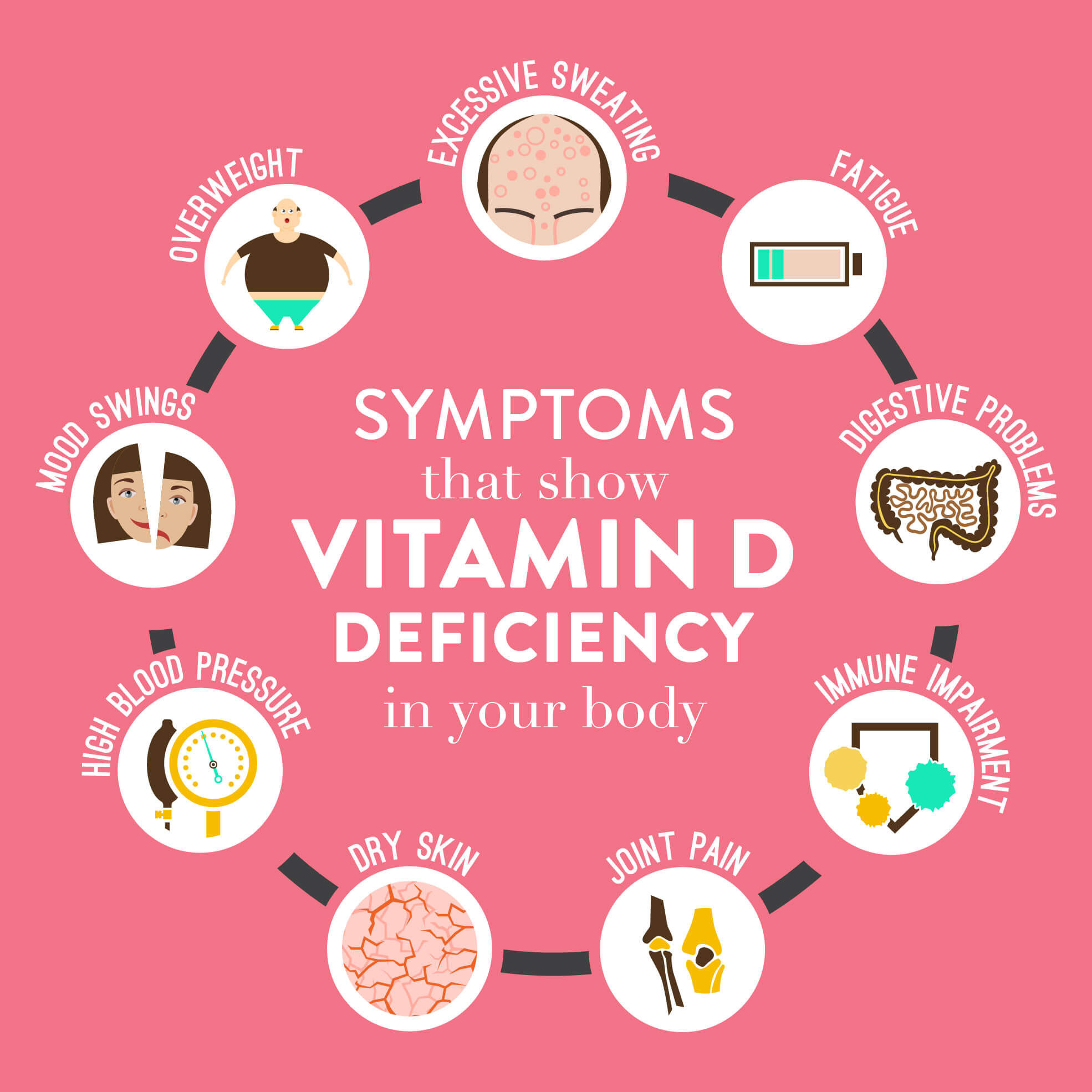Vitamin D is often hailed as a crucial nutrient for overall health, yet its intricate connection to various diseases, including cancer, warrants a deeper examination. A substantial body of research has emerged over recent years, probing the relationship between vitamin D deficiency and the incidence of certain malignancies. This exploration reveals both alarming statistics and an intriguing possibility: Could adequate levels of vitamin D act as a protective factor against cancer?
Firstly, it is essential to comprehend what constitutes vitamin D and how it operates within the human body. Vitamin D, a fat-soluble vitamin, is synthesized when the skin is exposed to sunlight. Additionally, it can be obtained from certain foods like fatty fish, fortified dairy products, and supplements. This nutrient plays a pivotal role in calcium absorption, immune function, and cellular growth regulation. Conversely, a deficiency in vitamin D may lead to weakened bones and an impaired immune response, potentially exacerbating other health conditions.
The relationship between vitamin D deficiency and cancer is a multifaceted topic. Epidemiological studies suggest that individuals with lower levels of vitamin D are at a heightened risk for several types of cancers, including colorectal, breast, and prostate cancers. The underlying mechanisms are complex and may involve the vitamin’s role in cellular differentiation and apoptosis, processes that are crucial for controlling cancer cell proliferation. Furthermore, research indicates that vitamin D may influence the immune system’s capability to combat tumor development.
It is not merely the levels of vitamin D that spark interest; it is the broader implications of deficiency. Despite the body’s ability to produce vitamin D through sunlight exposure, many people, especially those living in areas with limited sunlight or those with specific lifestyle choices, may find themselves deficient. The hidden layers of this deficiency reveal societal issues such as lifestyle changes, dietary habits, and the increasing prevalence of indoor living. These factors contribute to a widespread public health concern that often goes unnoticed.
Addressing vitamin D deficiency is not solely about supplementation; it is also about fostering awareness and encouraging lifestyle modifications. As research continues to unravel the complexities of vitamin D’s role in cancer prevention, it becomes increasingly important for individuals to seek regular check-ups, particularly for those at higher risk.
In conclusion, the dialogue surrounding vitamin D and its potential impact on cancer encapsulates a fascinating intersection of science, public health, and personal responsibility. As more data emerges, it is vital for individuals to remain informed about their vitamin D status, recognize the signs of deficiency, and engage in proactive measures to enhance their health. Understanding this nutrient’s significance could be a pivotal step in the fight against cancer.
